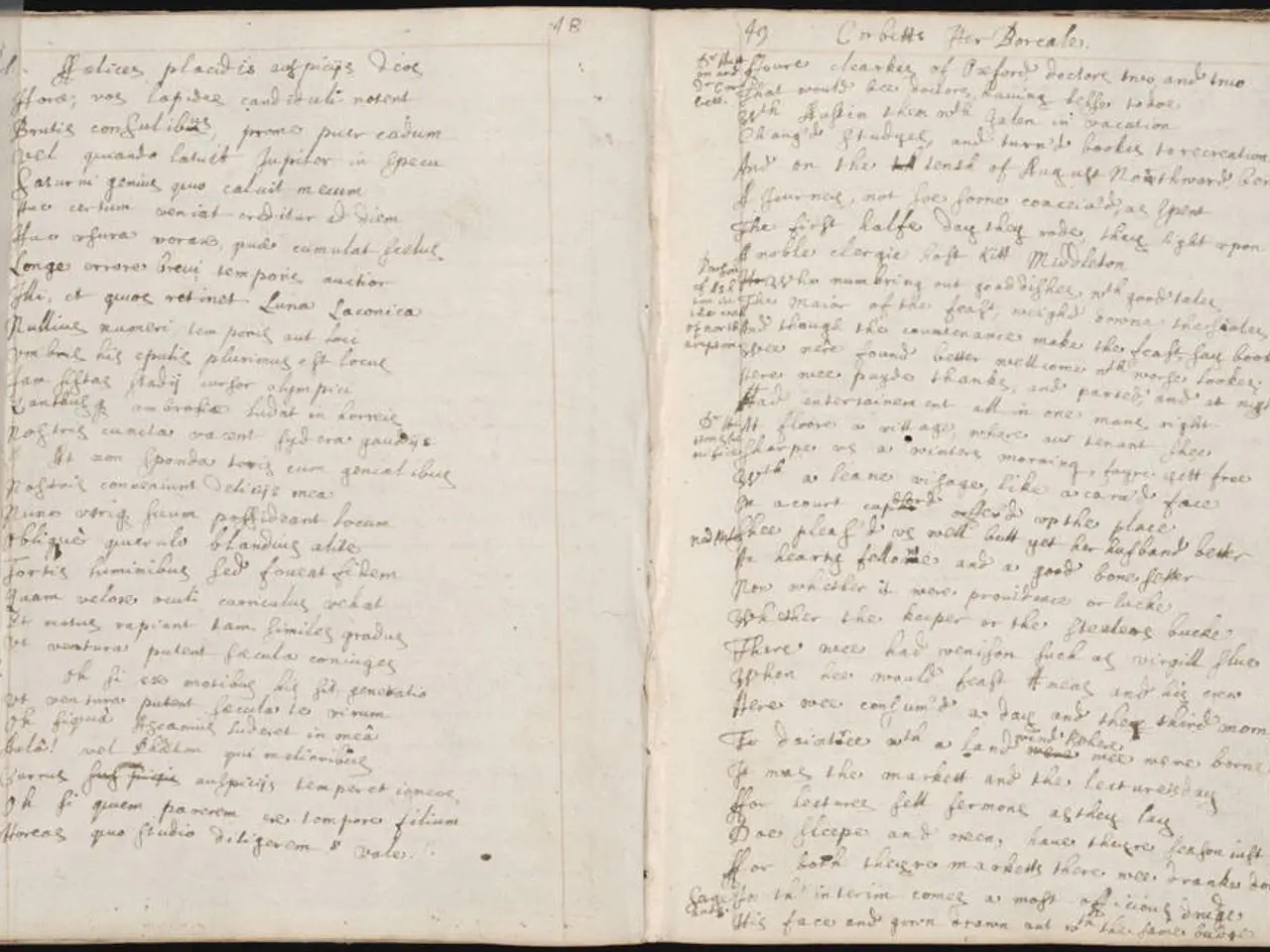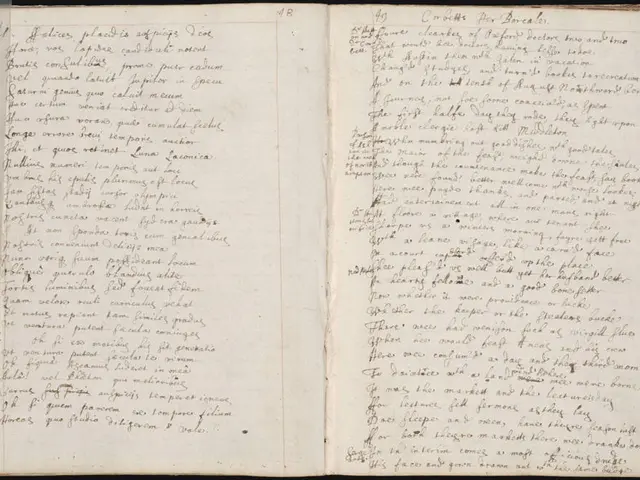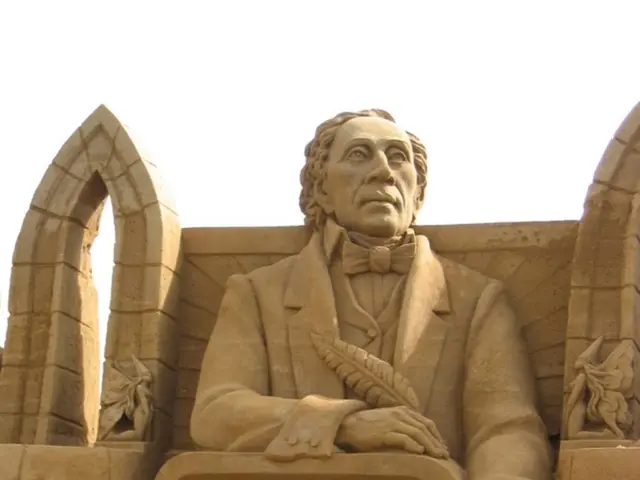Exploring Orwell's Perspective on Contemporary Administration
In August 1945, George Orwell published his novella "Animal Farm," a satirical critique that remains relevant today. Set in a farm populated by anthropomorphic animals, the story serves as a laboratory of political science and public administration, offering insights into the mechanisms of power distortion and pointing to solutions.
The animals revolt against their human oppressors in a bid for equality and freedom. Initially, they promise decentralized, horizontal decision-making – a form of direct democracy. However, the idealism of revolution quickly vanishes, replaced by the emergence of a new power elite – the pigs.
This transformation of power highlights that corruption is not always caused by 'bad people,' but stems from the structure of positions of power. Robert Michels' theory, known as the 'iron law of oligarchy,' supports this notion, stating that every complex organization will eventually turn into an oligarchy.
In Animal Farm, control gradually falls into the hands of the leaders, and collective control ceases to exist. This is a stark warning against the concentration of power and the erosion of democratic guarantees.
Propaganda is a key weapon in the transformation of power in Animal Farm, playing a role similar to that in Orwell's later novel, 1984. The animals' memories are constantly questioned and rewritten, and slogans and rules are changed and reframed by those in power, giving the impression that nothing has changed.
Today, the contemporary equivalent of the cruelly explicit propaganda of the time in Animal Farm is social media and algorithmic content filtering. Public opinion is shaped not by what happens, but by how events are narrated, a key concept in political science known as narrative governance.
The solution to the corruption in Animal Farm is not just a matter of (public) morality, but of institutional design, transparency, and accountability. James Madison wrote in The Federalist Papers that if men were angels, no government would be necessary. The rule of law, autonomous institutions, and transparency are safeguards against autocracy.
Animal Farm can be seen as a lesson in power and institutional theory with serious implications for political science. It warns about the fragility of democracy and human tendencies that threaten it. The work remains a timeless satirical critique of power and corruption, its themes continuing to resonate amid current political and social challenges.
In political science, the processes described in Animal Farm are often described as the power or ruling elite. The book serves as a stark reminder of the dangers of unchecked power and the importance of maintaining a vigilant and active civic engagement in preserving democracy.








